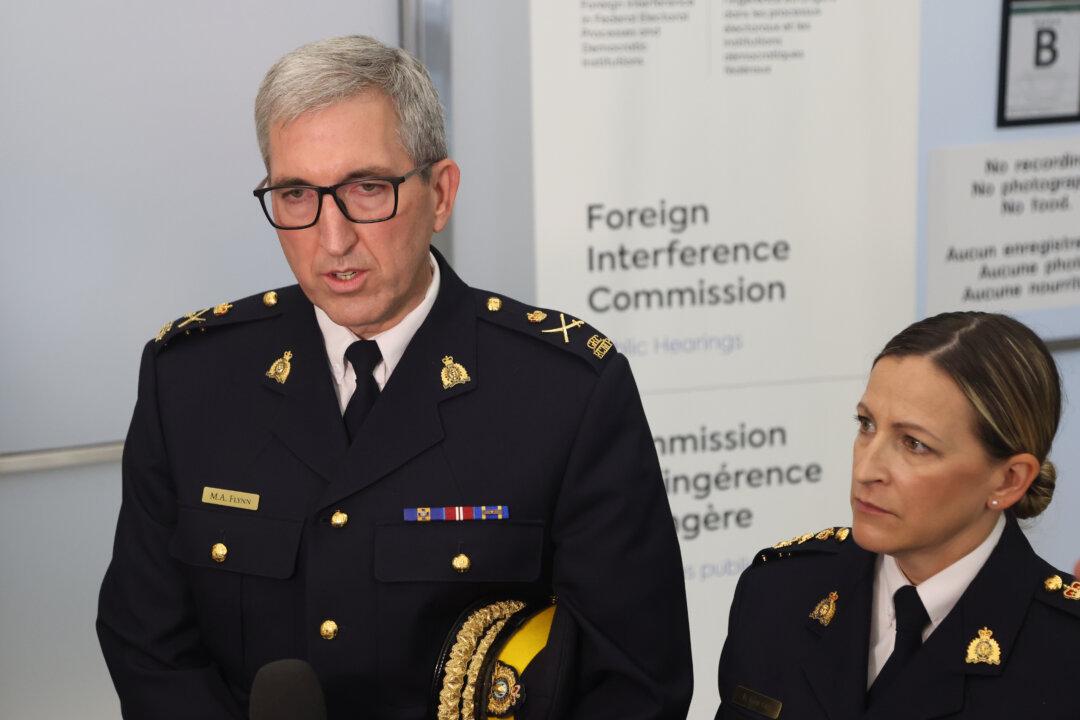Previously unreported details of how Ottawa dealt with illegal Chinese police stations have been disclosed at the Foreign Interference Commission, showing that Beijing’s assurance that it had closed the stations wasn’t necessarily the case.
A summary of government intelligence and diplomatic information on covert Chinese overseas police stations was entered as evidence on Oct. 3 at the federal commission of inquiry, which is currently examining Ottawa’s capacity to counter foreign interference.





